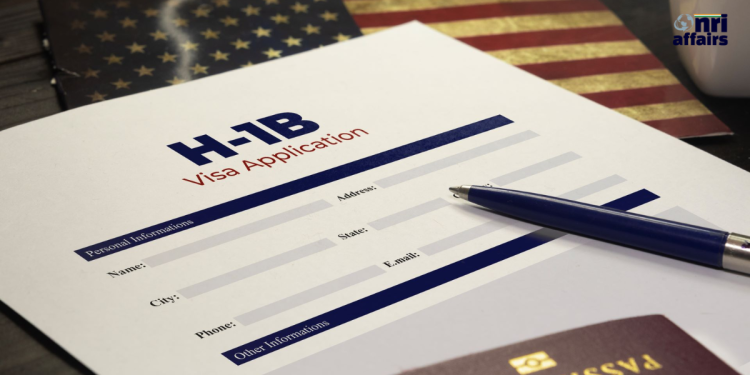In a significant legal development, the Indian-origin founders of a United States-based information technology company have been accused of orchestrating a fraudulent scheme involving the H-1B visa program. The case highlights ongoing concerns around misuse of the H-1B visa program, which has been a subject of scrutiny due to instances of misuse by both companies and individuals seeking entry into the U.S. under false pretenses.
Details of the Case
The accused founders allegedly exploited the H-1B visa program to secure visas for individuals under false job titles and descriptions, deceiving immigration authorities. According to U.S. prosecutors, the company allegedly provided misleading information to acquire visas, claiming that workers were hired for high-skilled positions that did not actually exist. Instead, the individuals were reportedly assigned to roles with entirely different responsibilities, undermining the program’s intent to address genuine skill shortages in the U.S. workforce.
Nature of Alleged Violations
According to the indictment, the accused manipulated job titles and descriptions, allowing unqualified or overqualified workers to gain entry under the H-1B visa program. This deceptive practice enabled the company to employ workers at lower costs and bypass qualified American workers. Such actions not only violate the law but also distort the labor market, disadvantaging both local job seekers and genuine foreign professionals who rely on the visa for legitimate opportunities.
The Broader Impact on the H-1B Visa Program
The H-1B visa program, designed to help U.S. companies hire highly skilled foreign workers, has frequently faced criticisms for alleged misuse. While the program provides essential support to various U.S. industries, especially in technology and engineering, cases like this bring renewed scrutiny and highlight the need for stricter oversight and enforcement to prevent exploitation.
Repercussions for the Company and the Industry
The case could have far-reaching implications for both the accused company and the broader IT sector. Penalties for visa fraud can be severe, including fines and potential prison time for the individuals involved, and may lead to operational disruptions if the company is prohibited from future participation in visa programs. Additionally, such cases fuel calls for reforms, potentially leading to stricter H-1B visa regulations affecting the entire industry.
Potential Changes in Visa Regulations
Instances of visa fraud prompt lawmakers and regulatory bodies to consider more stringent measures for visa issuance. With rising concerns about the impact of fraudulent activities on both domestic workers and legitimate foreign talent, policy adjustments could include:
- Enhanced Documentation Requirements: Companies may be required to submit more detailed proof of job positions and employee responsibilities.
- Increased Audits and Inspections: Periodic audits could become more frequent to ensure compliance and prevent misuse.
- Stricter Penalties for Non-Compliance: Severe penalties for companies found guilty of fraud may deter future misuse of the program.
This case underscores the necessity of accountability and transparency within the H-1B visa program, especially as global talent becomes increasingly essential in the U.S. tech industry. Ensuring fair and lawful practices within visa programs can protect the interests of both domestic and international workers, maintaining the integrity and purpose of such initiatives. As the case unfolds, it is expected to influence ongoing discussions around immigration policy and may lead to reforms aimed at safeguarding both the American workforce and the integrity of the visa system.











